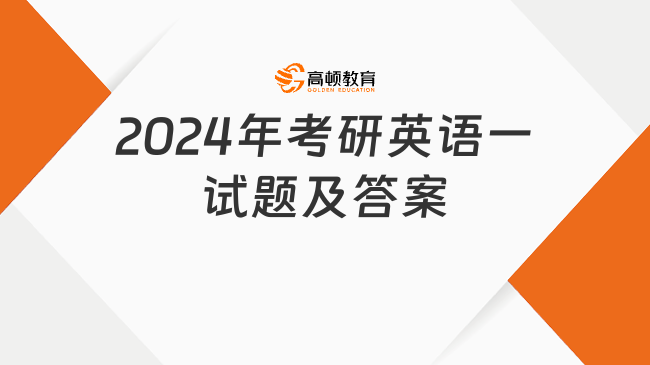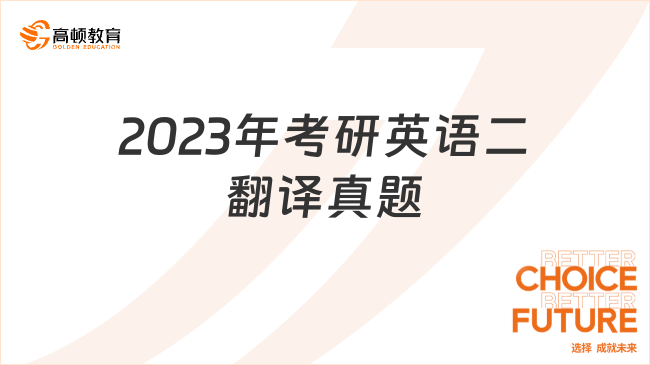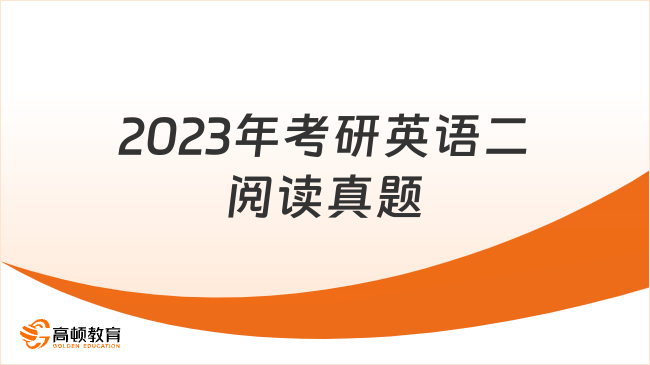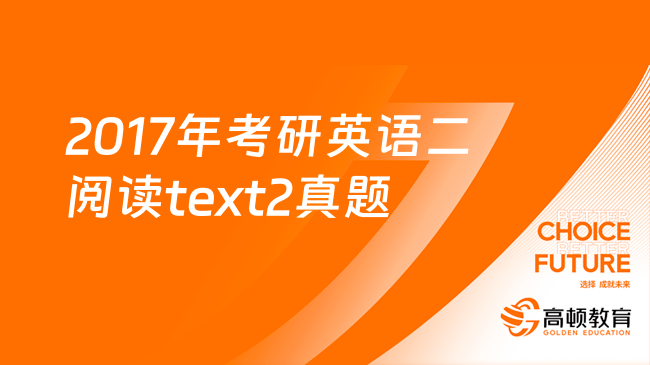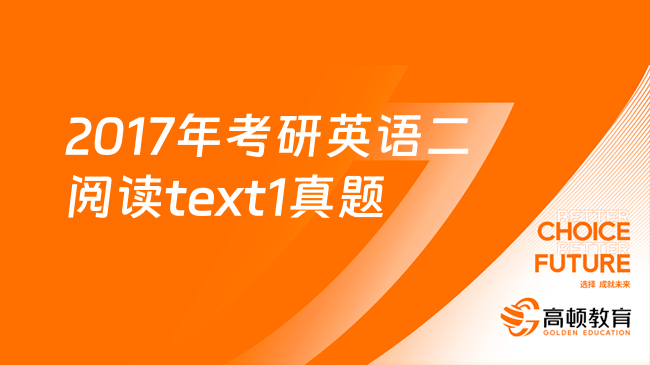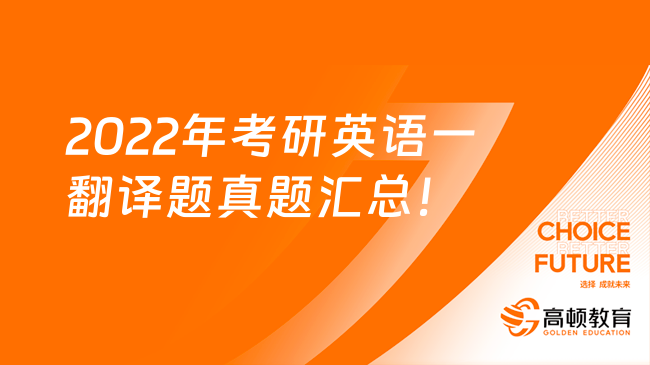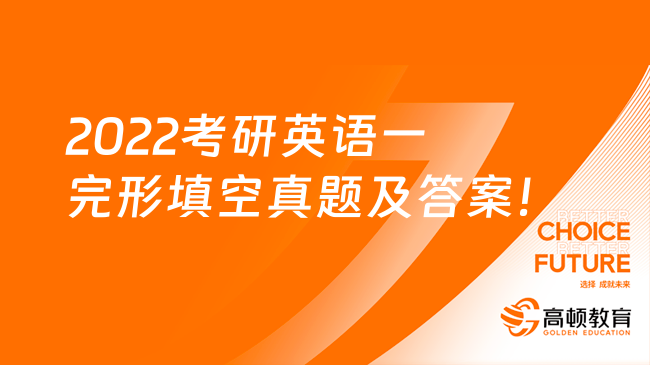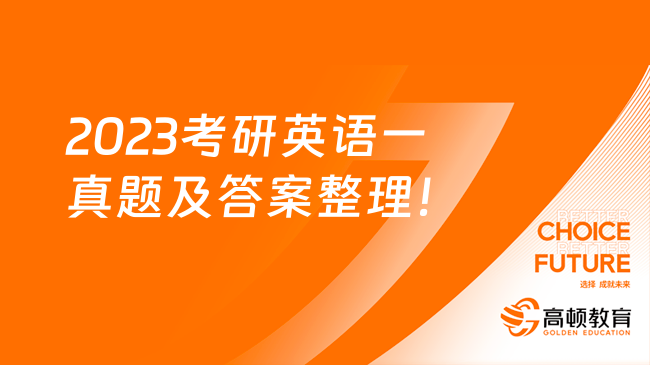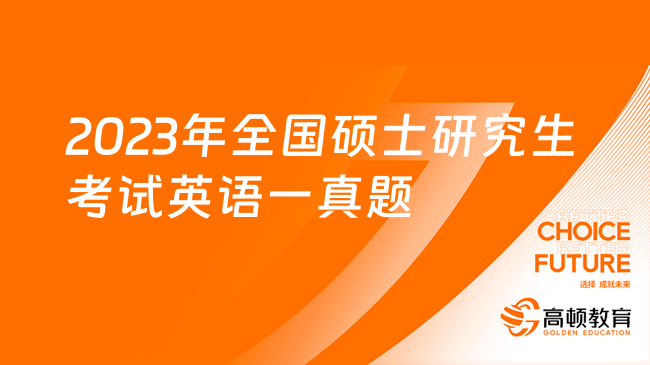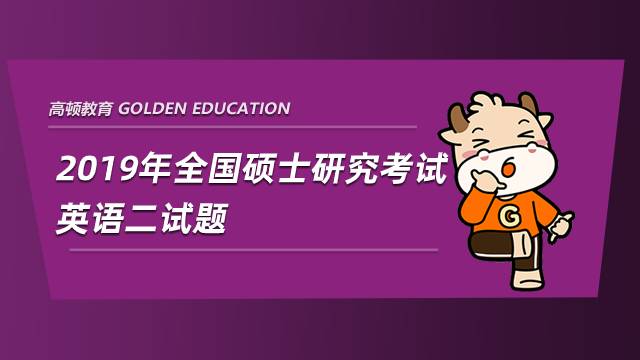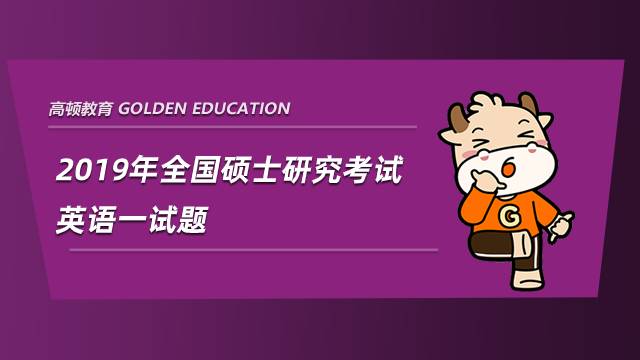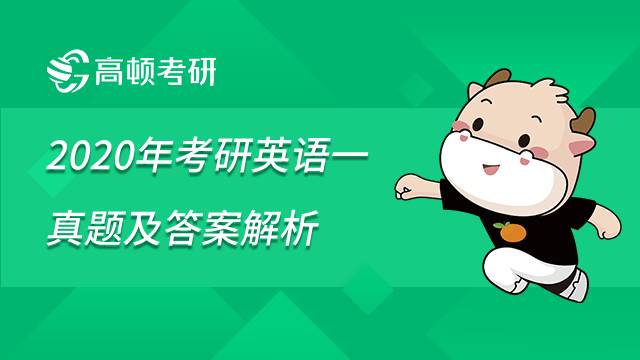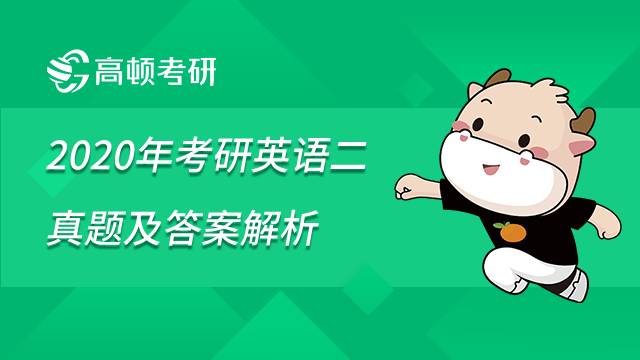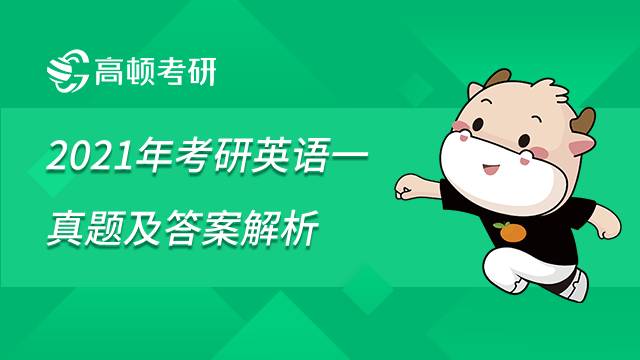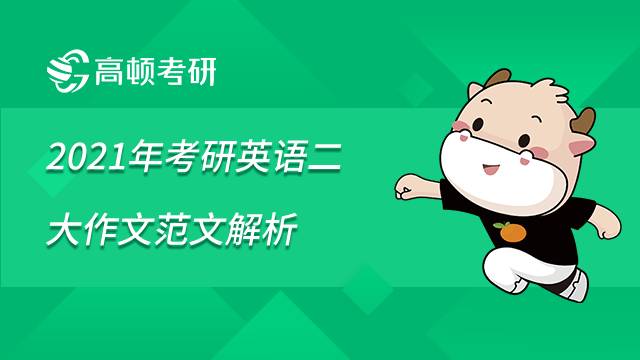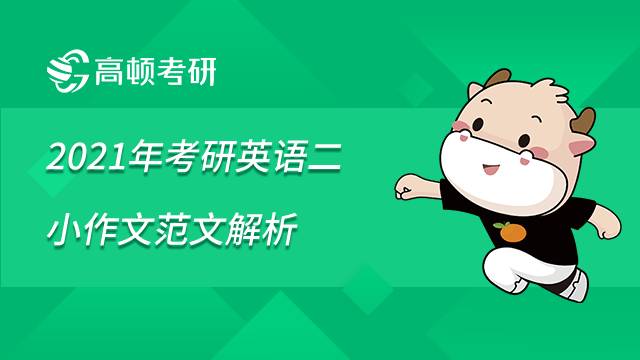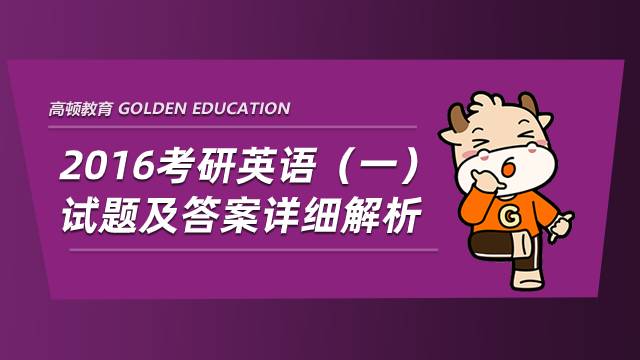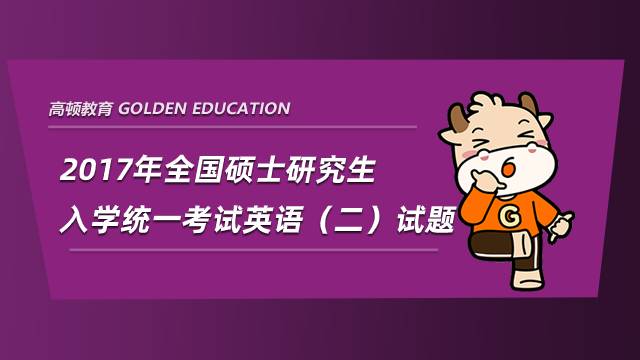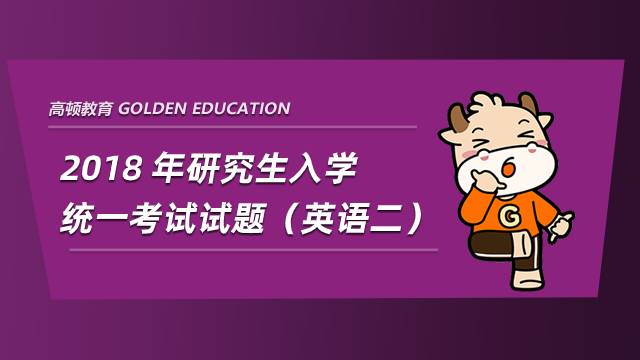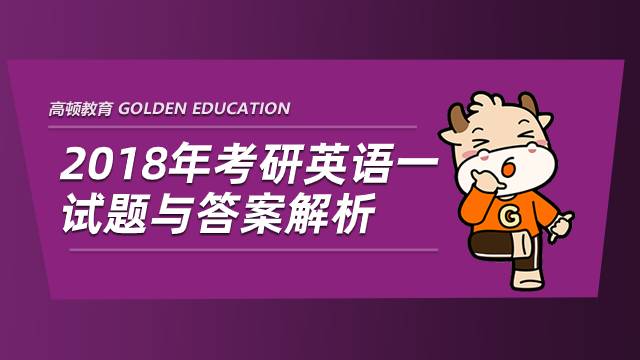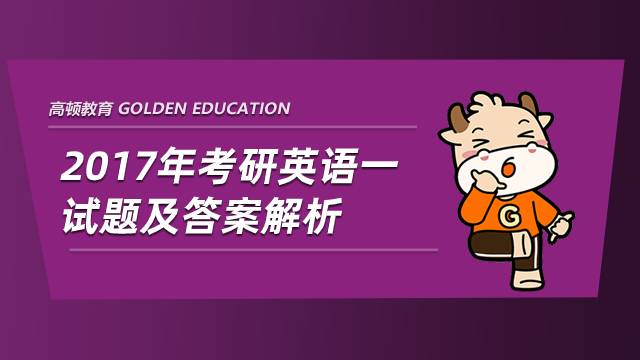2024考研英语二阅读理解第四题试题答案及解析!快看!
来源:
高顿教育
2023-12-25
2024考研英语二阅读理解第四题试题答案及解析!考后第一天,高顿教育特意为大家准备好了英语二阅读理解答案,由于篇幅有限,现只展示第四篇,详细的答案及解析,来看下文。⭐2025考研备考资料领取
更多科目加急更新中~请持续关注本网站!!
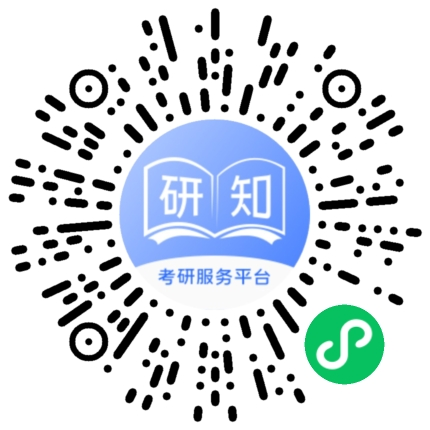
以上就是学姐为大家整理的【2024考研英语二阅读理解第四题试题答案及解析!快看!】的全部内容!想了解更多关于考研的相关信息,请关注高顿考研官网查询,祝大家考研成功。
2024考研在线估分系统已上线,一键估分查询!

立即扫码估分吧!!!
2024考研英语二考试试题及参考答案(阅读理解)公布:
阅读理解:
Text 4
If you look at the apps on your phone,chances are you have at least one related to
your health—and probably several.Whether it is a mental health app,a fitness tracker,a connected health device or something else,many of us are taking advantage of this
technology to keep better track of our health in some shape or form.Recent research
from the Organization for the Review of Care and Health Applications found that
350,000 health apps were available on the market,90,000 of which launched in 2020
alone.While these apps have a great deal to offer,it is not always clear how the personal
information we input is collected,safeguarded and shared online.Existing health
privacy law,such as the Health Insurance Portability and Accountability Act,is primarily
focused on the way hospitals,doctors’offices,clinics and insurance companies store
health records online.The health information these apps and health data tracking
wearables are collecting typically does not receive the same legal protections.Without additional protections in place,companies may share(and potentially
monetize)personal health information in a way consumers may not have authorized or
anticipated.In 2021,Flo Health faced a Federal Trade Commission(FTC)investigation.The FTC alleged in a complaint that"despite express privacy claims,the company took
control of users'sensitivity fertility data and shared it with third parties.”Flo Health
and the FTC settled the matter with a Consent Order requiring the company to get app
users'express affirmative consent before sharing their health information as well as to
instruct the third parties to delete the data they had obtained.Section 5 of the FTC Act empowers the FTC to initiate enforcement action against
unfair or deceptive acts,meaning the FTC can only act after the fact if a company's
privacy practices are misleading or cause unjustified consumer harm.While the FTC is
doing what it can to ensure apps are keeping their promises to consumers around the
handling of their sensitive health information,the rate at which these health apps are
hitting the market demonstrates just how immense of a challenge this is.As to the prospects for federal legislation,commentators suggest that
comprehensive federal privacy legislation seems unlikely in the short term.States have
begun implementing their own solutions to shore up protections for
consumer-generated health data.California has been at the forefront of state privacy
efforts with the California Consumer Privacy Act of 2018.Virginia,Colorado and Utah
have also recently passed state consumer data privacy legislation.
Text 4
If you look at the apps on your phone,chances are you have at least one related to
your health—and probably several.Whether it is a mental health app,a fitness tracker,a connected health device or something else,many of us are taking advantage of this
technology to keep better track of our health in some shape or form.Recent research
from the Organization for the Review of Care and Health Applications found that
350,000 health apps were available on the market,90,000 of which launched in 2020
alone.While these apps have a great deal to offer,it is not always clear how the personal
information we input is collected,safeguarded and shared online.Existing health
privacy law,such as the Health Insurance Portability and Accountability Act,is primarily
focused on the way hospitals,doctors’offices,clinics and insurance companies store
health records online.The health information these apps and health data tracking
wearables are collecting typically does not receive the same legal protections.Without additional protections in place,companies may share(and potentially
monetize)personal health information in a way consumers may not have authorized or
anticipated.In 2021,Flo Health faced a Federal Trade Commission(FTC)investigation.The FTC alleged in a complaint that"despite express privacy claims,the company took
control of users'sensitivity fertility data and shared it with third parties.”Flo Health
and the FTC settled the matter with a Consent Order requiring the company to get app
users'express affirmative consent before sharing their health information as well as to
instruct the third parties to delete the data they had obtained.Section 5 of the FTC Act empowers the FTC to initiate enforcement action against
unfair or deceptive acts,meaning the FTC can only act after the fact if a company's
privacy practices are misleading or cause unjustified consumer harm.While the FTC is
doing what it can to ensure apps are keeping their promises to consumers around the
handling of their sensitive health information,the rate at which these health apps are
hitting the market demonstrates just how immense of a challenge this is.As to the prospects for federal legislation,commentators suggest that
comprehensive federal privacy legislation seems unlikely in the short term.States have
begun implementing their own solutions to shore up protections for
consumer-generated health data.California has been at the forefront of state privacy
efforts with the California Consumer Privacy Act of 2018.Virginia,Colorado and Utah
have also recently passed state consumer data privacy legislation.
36.The research findings are cited in Paragraph 1 to show _____.A.the pr*ence of health apps
B.the public concern over health
C.the popularity of smartphones
D.the advancement of technology
正确答案:A
37.What does the author imply about existing health privacy law?
A.Its coverage needs to be extended.B.Its enforcement needs strengthening.C.It has discouraged medical misconduct.D.It has disappointed insurance companies.
B.the public concern over health
C.the popularity of smartphones
D.the advancement of technology
正确答案:A
37.What does the author imply about existing health privacy law?
A.Its coverage needs to be extended.B.Its enforcement needs strengthening.C.It has discouraged medical misconduct.D.It has disappointed insurance companies.
正确答案:A
38.Before sharing its users’health information,Flo Health is required to _____.A.seek the approval of the FTC
B.find qualified third parties
C.remove irrelevant personal data
D.obtain their explicit permission
正确答案:D
39.What challenge is the FTC currently faced with?
A.The complexity of health information.B.The rapid increase in new health apps.C.The subtle deceptiveness of health apps.D.The difficulty in assessing consumer.正确答案:B
40.It can be learned from the last paragraph that health data protection _____.A.has been embraced by health app developers
B.has been a focus of federal policy-making
C.has encountered opposition in California
D.has gained legislative supports in some states
正确答案:D
更多,点击下方图片,领取PDF版2024考研英语试题及答案解析!↓↓↓38.Before sharing its users’health information,Flo Health is required to _____.A.seek the approval of the FTC
B.find qualified third parties
C.remove irrelevant personal data
D.obtain their explicit permission
正确答案:D
39.What challenge is the FTC currently faced with?
A.The complexity of health information.B.The rapid increase in new health apps.C.The subtle deceptiveness of health apps.D.The difficulty in assessing consumer.正确答案:B
40.It can be learned from the last paragraph that health data protection _____.A.has been embraced by health app developers
B.has been a focus of federal policy-making
C.has encountered opposition in California
D.has gained legislative supports in some states
正确答案:D
以上就是学姐为大家整理的【2024考研英语二阅读理解第四题试题答案及解析!快看!】的全部内容!想了解更多关于考研的相关信息,请关注高顿考研官网查询,祝大家考研成功。
版权声明:本条内容自发布之日起,有效期为一个月。凡本网站注明“来源高顿教育”或“来源高顿网校”或“来源高顿”的所有作品,均为本网站合法拥有版权的作品,未经本网站授权,任何媒体、网站、个人不得转载、链接、转帖或以其他方式使用。
经本网站合法授权的,应在授权范围内使用,且使用时必须注明“来源高顿教育”或“来源高顿网校”或“来源高顿”,并不得对作品中出现的“高顿”字样进行删减、替换等。违反上述声明者,本网站将依法追究其法律责任。
本网站的部分资料转载自互联网,均尽力标明作者和出处。本网站转载的目的在于传递更多信息,并不意味着赞同其观点或证实其描述,本网站不对其真实性负责。
如您认为本网站刊载作品涉及版权等问题,请与本网站联系(邮箱fawu@gaodun.com,电话:021-31587497),本网站核实确认后会尽快予以处理。
在线咨询热销
专业老师服务 限时优惠
点一下领资料
2023年考研院校专业课试题
考研试题高频考点,刷题全靠这份资料
下载合集
考研择校必看的专业推荐
热门专业提前备考,轻松上岸
下载合集
考研备考复习资料下载
超多资料,等你来拿
下载合集
考研备考 热门问题解答
- 考研学校怎么选?主要看这几个方面
-
选择考研的学校需要综合考虑多个方面,不可盲目选择。一般需要考虑以下几点:个人目标、学校排名、师资力量、就业情况、学校环境、学费和奖学金等。考研择校需谨慎,只有将学校情况了解清楚,才能有助于考研目标的明确以及增大考研成功的几率。
- 跨专业考研可以吗?有什么要求?
-
跨专业考研可以,但是跨专业考研需要谨慎选择专业和招生单位,具备相应的知识和能力,并付出更多的努力和时间。跨专业考研的难度较大,同时招生单位也可能对跨专业考研的考生进行额外的考核和面试。
- 考研考什么?一般考试科目有哪些?
-
考研分为笔试和面试两种考试形式,笔试考试科目包括英语、政治、两门专业课,总分是500分。但是部分专业考管理类联考,总分为300分。但是考试科目部分专业是三门(政治、英语、专业课),部分专业是四门(政治、英语、专业课一、专业课二)。
- 考研国家线好过吗?怎么划分的?
-
考研国家线是进入复试的最低分数线,各学校通常会在国家线基础上划定学校各专业复试分数线。考研国家线的通过率取决于多种因素,包括专业、招生计划、个人情况等。因此考研国家线好不好过不能够一概而论,需要看自身实际情况以及选择的报考专业。
严选名师 全流程服务
其他人还搜了
热门推荐
-
2024年考研英语一试题及答案(持续更新中)整理!详细解析 2023-12-23
-
2022年考研英语二翻译真题整合!附答案解析 2023-10-31
-
2023年考研英语二翻译真题整理!点击速览 2023-10-30
-
2023年考研英语二阅读真题一览!点击查看 2023-10-27
-
2023考研英语一部分真题及答案整理! 2023-09-19
-
2017年考研英语二阅读text2真题及答案解析! 2023-09-08
-
2017年考研英语二阅读text1真题及答案解析! 2023-09-08
-
2022年考研英语一翻译题真题汇总! 2023-09-07
-
2022考研英语一完形填空真题及答案!学姐整理 2023-09-07
-
2023考研英语一真题及答案整理!点击查看 2023-09-07
-
2023年全国硕士研究生考试英语一真题及答案 2023-08-29
-
2019年全国硕士研究生考试英语二试题 2022-09-23
-
2019年全国硕士研究生考试英语一试题 2022-09-23
-
2020年考研英语一试题及答案解析 2022-09-23
-
2020年考研英语二试题及答案解析 2022-09-23
-
2020年考研英语二试题及答案解析 2022-09-23
-
2021年考研英语一试题及答案解析 2022-09-23
-
2021年考研英语二大作文范文解析 2022-09-23
-
2021年考研英语二小作文范文解析 2022-09-23
-
2016年考研英语一试题及答案解析 2021-08-30
-
2017年考研英语二试题及答案解析 2021-08-30
-
2018年考研英语二试题与答案解析 2021-08-30
-
2018年考研英语一试题与答案解析 2021-08-11
-
2017年考研英语一试题及答案解析 2021-04-23
 更多服务
更多服务







